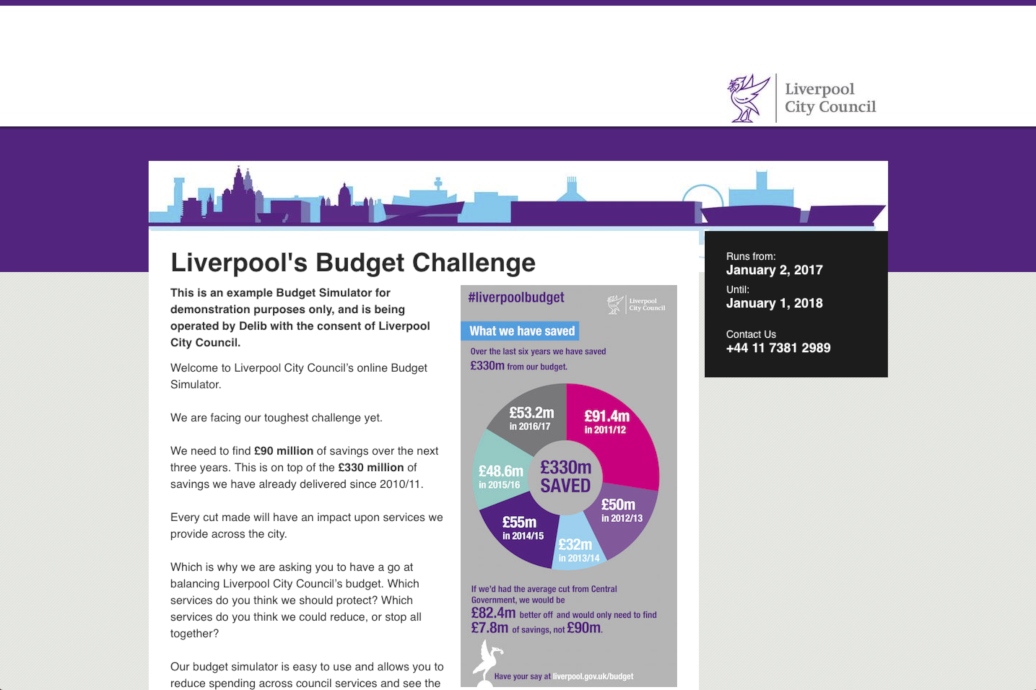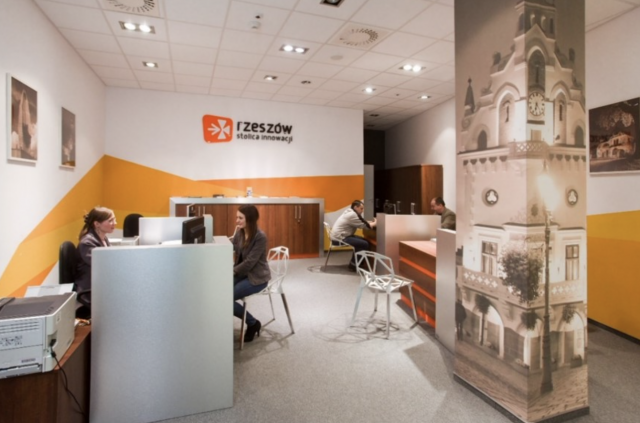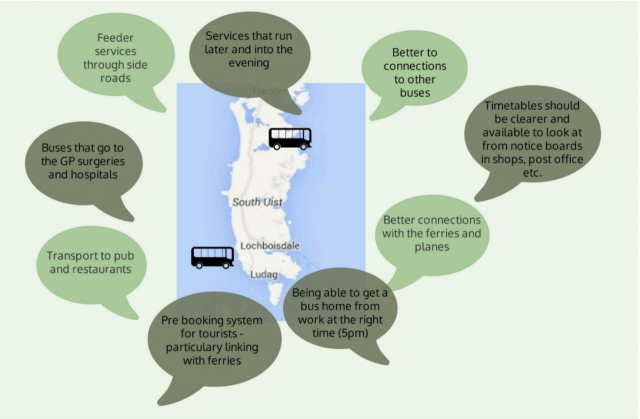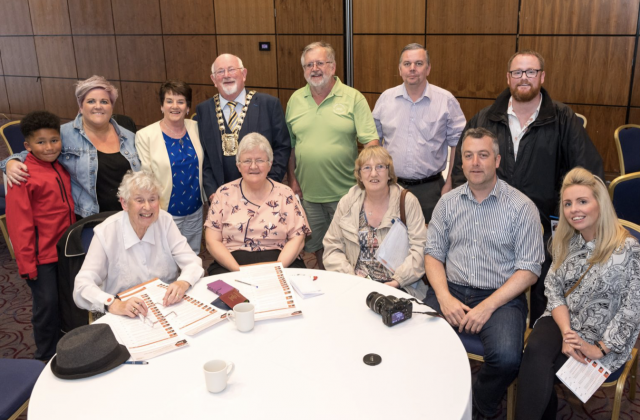A budget simulator enables citizens to better understand budgetary constraints in Liverpool after the city shifts from industrialisation to digitalisation.


A budget simulator enables citizens to better understand budgetary constraints in Liverpool after the city shifts from industrialisation to digitalisation.

Citizens vote for projects proposed by other citizens, making the city more collaborative, with a total of 100 million EUR allocated to this initiative each year.

The pioneer smart city of Rzeszów offers one-stop-shops for public services, such as car registrations and obtaining IDs, sets up a helpline for the same purpose, and introduces a participatory budget.

Participatory procurement for local bus lines generates higher satisfaction rates and lower costs, leading to community councils reviewing timetables and contracts twice per year.

Citizens in South Dublin vote to allocate a portion of the council’s budget to projects designed and submitted by residents.

A citizen budget in Lublin is dedicated to the allocation of new green spaces throughout the city, developed and chosen by citizens.

In Alytus, citizen involvement happens through a part of the budget being allocated according to citizens’ proposals and ideas.

Residents can bring their ideas to the municipal agenda to vote on its implementation and use of budget, and thus influence political and administrative decisions in the locality.